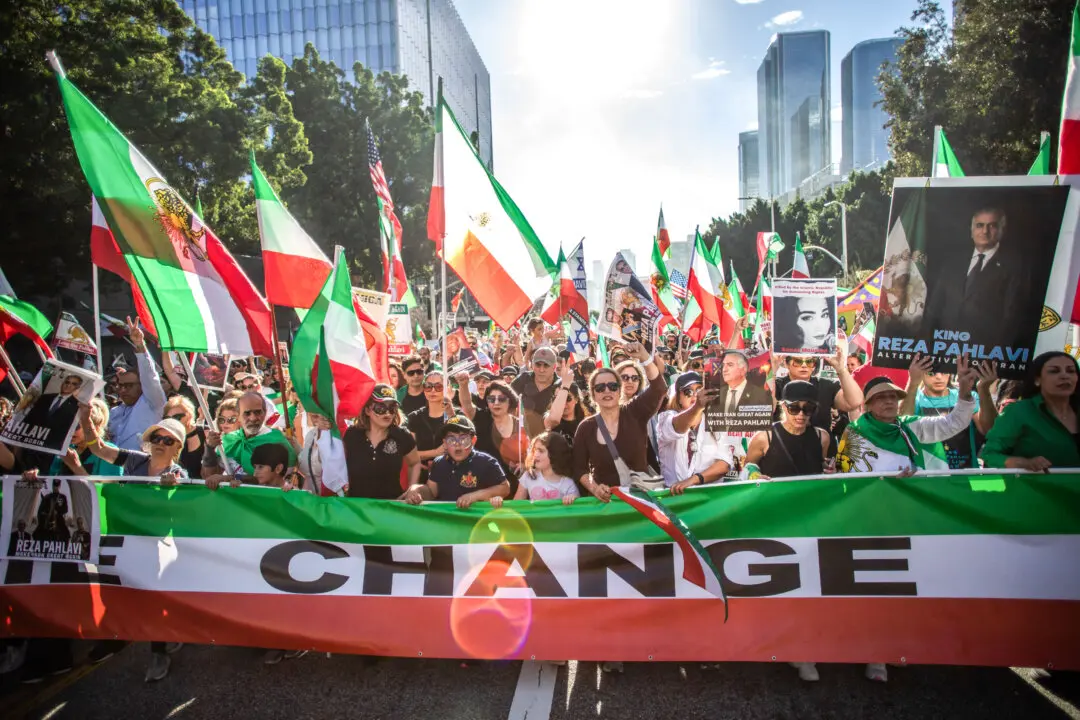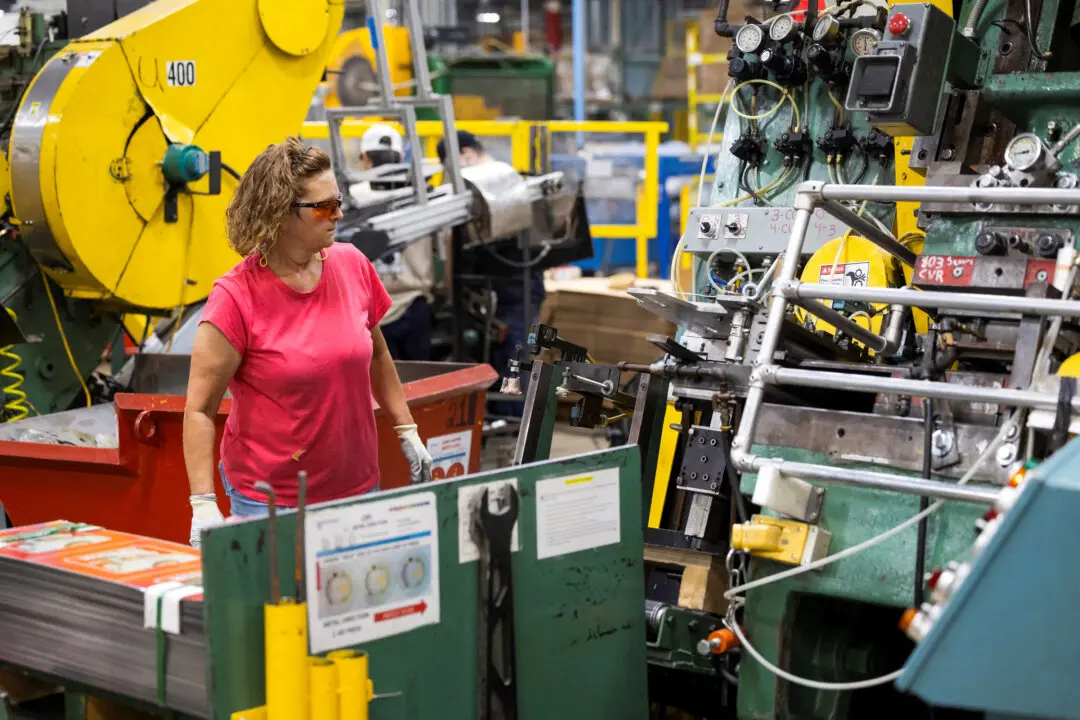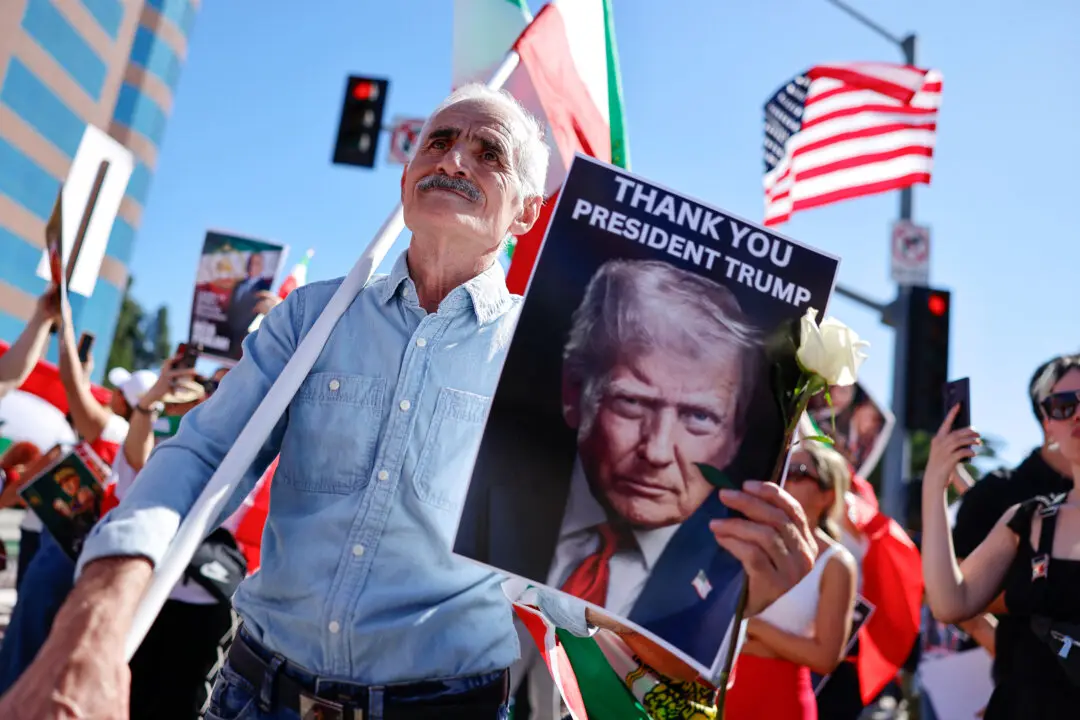HIROSHIMA, Japan—President Joe Biden has no plans to issue an apology on behalf of the United States for the use of the atomic bomb on Hiroshima during World War II, according to the White House.
Biden arrived in Hiroshima on May 18 for the Group of Seven (G-7) summit, becoming the second sitting U.S. president after Barack Obama to visit the western Japanese city.





